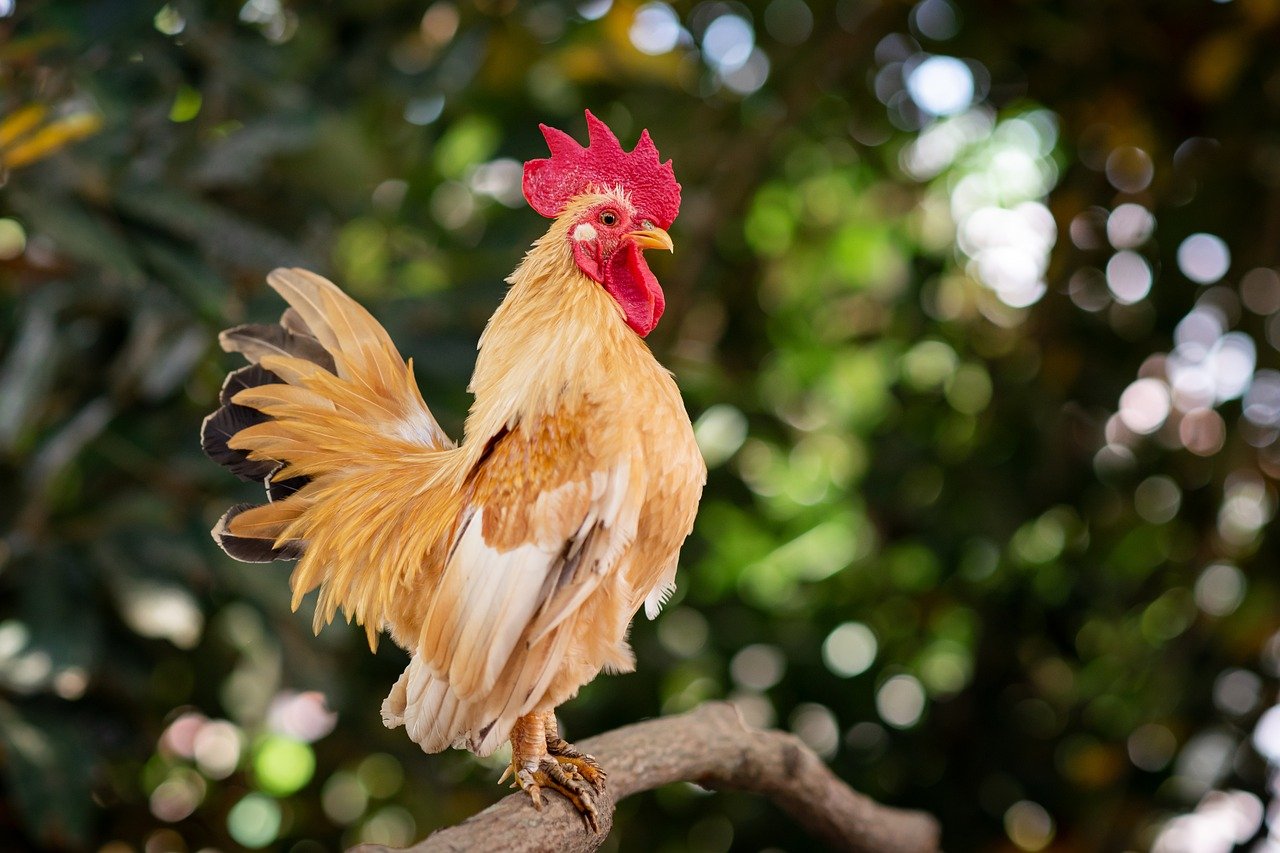
Definition of Cross Breed Hens
Cross breed hens are chickens bred from two different purebred lines to combine desirable traits from each. This practice aims to create offspring with specific qualities such as increased egg production, better disease resistance, or improved adaptability to various climates.
Cross breed hens are essential in modern poultry farming as they offer solutions to many challenges faced by traditional poultry breeds. Their ability to thrive in diverse conditions and produce more eggs makes them a valuable asset to both commercial and hobbyist farmers.
This article will explore what cross breed hens are, the benefits and challenges associated with them, and provide practical tips for raising them. We’ll also delve into case studies and expert insights, discuss future trends, and address common questions about cross breed hens.
What are Cross Breed Hens?
Cross breed hens result from mating two different purebred chicken varieties. This breeding technique aims to harness the strengths of both parent breeds to produce offspring with enhanced characteristics. For example, a cross between a high egg-producing breed and a hardy breed may yield hens that are both prolific layers and resilient to environmental stress.
How Cross Breeding Works
The process of cross breeding involves selecting two parent breeds with complementary traits and mating them. The offspring, or hybrids, typically inherit a mix of characteristics from both parents. This technique can result in hens that perform better in specific conditions or exhibit traits not present in either parent breed.
Advantages of Cross Breeding
Cross breeding can lead to improved performance in various areas. These include increased egg production, better disease resistance, adaptability to different climates, and greater efficiency in feed conversion. These advantages make cross breed hens a popular choice for both commercial and backyard poultry enthusiasts.
Popular Cross Breed Hens
Hy-Line Brown
Hy-Line Brown is known for its exceptional egg-laying capabilities and high egg quality. This breed is renowned for its adaptability to different environments and resistance to common poultry diseases.
ISA Brown
ISA Brown hens are favored for their consistent egg production and excellent feed conversion rates. They are a hardy breed that performs well in various housing systems.
Bovan Brown
Bovan Brown chickens are characterized by their reliable egg production and good health. They are easy to manage and have a strong adaptability to changing conditions.
Red Ranger
Red Ranger hens are appreciated for their fast growth and efficient feed conversion. They are often used in meat production but also lay a respectable number of eggs.
Benefits of Cross Breed Hens
Increased Egg Production
Cross breed hens often outperform purebred hens in egg production. The hybrid vigor, or heterosis, from cross breeding can lead to higher egg yields and better overall performance.
Disease Resistance
Cross breed hens are generally more resistant to diseases than their purebred counterparts. This resistance is due to the diverse genetic pool, which can provide better immunity against common poultry diseases.
Adaptability to Various Climates
Cross breed hens are often more adaptable to different environmental conditions. Their hybrid nature allows them to thrive in both hot and cold climates, making them versatile for various geographic locations.
Improved Feed Efficiency
These hens can convert feed into eggs more efficiently than many purebred hens. This efficiency can lead to cost savings and better overall productivity in poultry farming.
Challenges in Raising Cross Breed Hens
Health Issues
While cross breed hens are generally hardy, they can sometimes inherit health issues from their parent breeds. Regular veterinary care and good management practices are essential to maintain their health.
Genetic Concerns
Cross breeding can sometimes lead to unforeseen genetic issues. It is important to carefully select parent breeds and monitor the health of the offspring to mitigate these risks.
Cost of Breeding and Maintenance
Breeding cross breed hens can be more expensive than maintaining purebred flocks. The costs include purchasing parent stock, breeding facilities, and ongoing care. However, the benefits often outweigh these costs in commercial settings.
Choosing the Right Breed
Select cross breed hens based on your specific needs, such as egg production, meat quality, or adaptability to your environment. Research different breeds and consult with experts to make an informed choice.
Proper Housing
Ensure that the housing for your cross breed hens is well-ventilated, secure, and provides adequate space. Proper housing helps prevent disease and ensures the well-being of your flock.
Nutrition Requirements
Cross breed hens have specific nutritional needs that must be met to ensure optimal health and productivity. Provide a balanced diet with the right proportions of protein, vitamins, and minerals.
Common Health Issues and Solutions
Be aware of common health issues such as respiratory infections or parasites. Regular health checks and preventive measures, such as vaccinations and parasite control, are crucial.
Conclusion
Cross breed hens offer numerous advantages, including increased egg production, better disease resistance, and improved adaptability. While there are challenges associated with raising them, careful management and informed breeding practices can lead to successful outcomes.
Cross breed hens are a valuable asset to both commercial and backyard poultry operations. By understanding their benefits and challenges, you can make informed decisions and optimize your poultry farming practices.
Consider incorporating cross breed hens into your flock to experience the benefits they offer. For further information and expert advice, consult with poultry farming professionals and resources.
FAQs
What are the best cross breed hens for backyard flocks?
Popular choices for backyard flocks include the Hy-Line Brown and ISA Brown, known for their adaptability and consistent egg production.
How do cross breed hens compare to purebred hens?
Cross breed hens often outperform purebred hens in areas such as egg production and disease resistance. However, they may require more management and care.
Are there any special care requirements for cross breed hens?
Cross breed hens require a balanced diet, proper housing, and regular health checks. Addressing these needs ensures their optimal health and productivity.
Leave a Reply